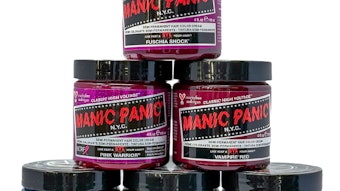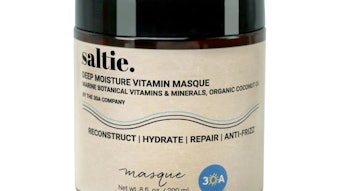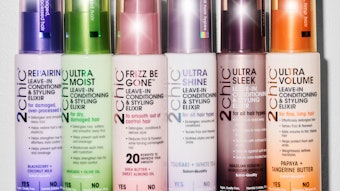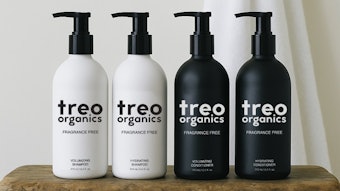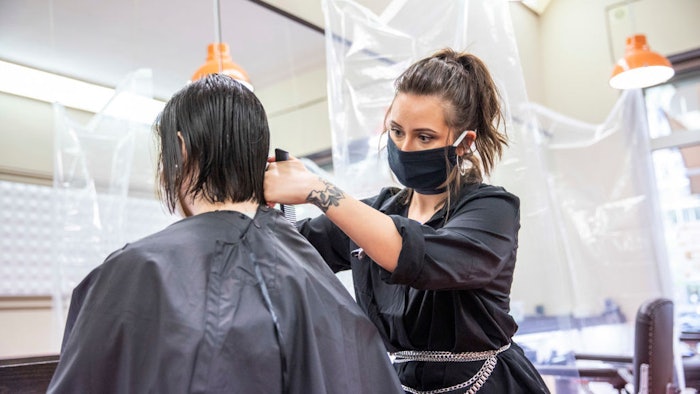
“Beauty professionals are encouraged to engage at any comfort level, the first step is to find out who represents at all levels of government and introducing yourself. Establish a relationship and share your professional expertise and ability to serve as a resource on behalf of your business and industry.”
The hope for many businesses and licensed professionals is a full economic recovery. Looking to the states and the federal government for support is appropriate but may not benefit each segment of the professional beauty industry. While the ask continues to include equitable access to funding, there is legislation introduced in various states impacting other issues such as licensing in the industry.
A few examples of legislation introduced so far this year includes:
Senator Curtis Bramble of Utah introduced SB 87 which will allow unlicensed individuals to shampoo, condition, dress, dry, style, flat iron, curl, and arrange hair without a license or mandatory training.
Missouri Representative Derek Grier has introduced House Bill 789 which also would allow individuals to cleanse, dry, or style hair and perform hair braiding and eyebrow threading without a license or training.
Senator Micheal Bergstrom of Oklahoma introduced SB 756 will allow individuals to practice cosmetology without a license if they are certified by a private institution. The bill does not include any language about the necessary training that would be required through the private institution. Additionally, individuals who are not licensed will not require the oversight of the Oklahoma State Board of Cosmetology.
New Hampshire State Representative Carol Mcguire introduced HB 606 will allow individuals to provide cosmetology services without a license if they state the services are being provided without payment.
North Dakota Representatives Mike Nathe and Emily O’Brien and State Senator Scott Meyer introduced ND HB 1426 allowing individuals to shampoo, condition, dress, dry, style, flat iron, curl, arrange hair, and apply eyelash extensions without a license or training.
Oklahoma State Senator Nathan Dahm introduced SB 850 which allows any licensed barber, cosmetologist, or manicurist to offer services to a customer in the customer’s private residence.
Other issue areas introduced in multiple states include expedited licensure for military spouses, employee misclassification and worker classification, changes to the consideration of criminal history/background checks, gender-based price discrimination, domestic violence awareness education, apprenticeship, wage history, mobile facilities and universal occupational licensure.
These issues are met with mixed responses from within the professional beauty industry. There are those who believe in the importance of licensing while others may view licensing as a barrier to increasing workforce opportunities. Differences of opinion lead to confusion for elected officials voting on legislation, the disagreements lead to insecurity and a perception of disorganization.
Working together with a consistent message and talking points will elevate the ask of the industry. Establishing a relationship with both state and federal elected officials is an education opportunity to share information about what is truly important to the beauty industry.
Currently the focus indicated by licensed beauty professionals is returning to work safely and looking to a sustainable economic recovery. Programs including grants and tax credits, assistance with rental property (commercial/residential), and other options will allow the beauty industry to thrive again. Engaging in the ask includes relationship building and exploring the option of building a coalition of like-minded professionals or businesses to come together and ask for help. The professional beauty industry has the numbers to be a strong and impactful voice if professionals work together.
Beauty professionals are encouraged to engage at any comfort level, the first step is to find out who represents at all levels of government and introducing yourself. Establish a relationship and share your professional expertise and ability to serve as a resource on behalf of your business and industry. Phone calls, emails, and letters are a great start, perhaps move a step forward and request a meeting with the elected official or staff. There are opportunities to share how the COVID-19 pandemic has impacted you and your business, and to share what kind of legislation you want to see introduced this year. Beauty professionals already have passion, talent, and the energy. Together, changes for the industry can be accomplished.


